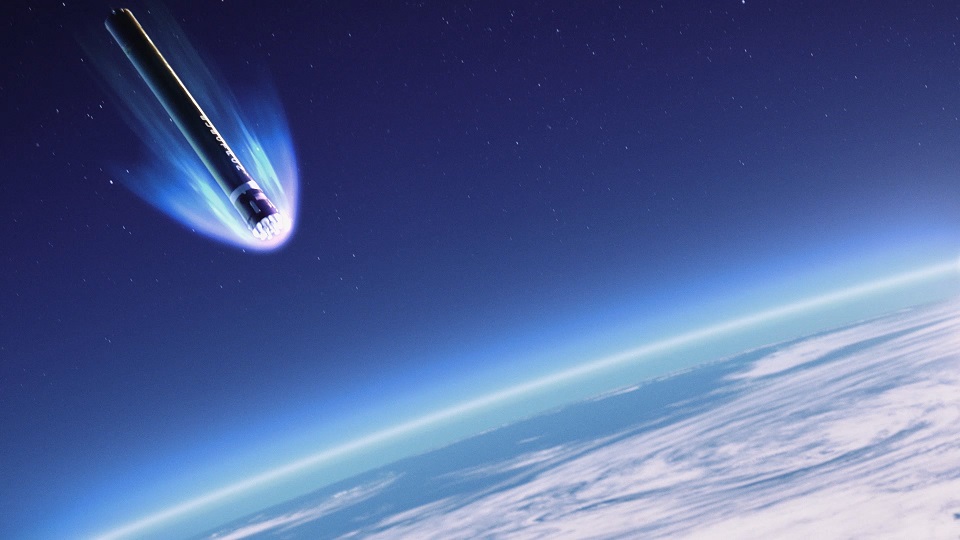Over 60% of the launches in 2020 resulted in one or more rocket parts making an uncontrolled reentry into the atmosphere. While thankfully no one was hurt by that debris, with the expected rise in rocket launches over the coming decade the chances of a casualty are increasing. A new study paints the picture of how current methods of assessing risk are inadequate and new steps need to be taken.
Rocketry is a complex business. A typical lunch will usually require multiple stages to get the payload into orbit. Most of the time everything goes well, with the individual stages designed to either burn up in the atmosphere or end up on an escape trajectory away from the Earth.
But in 2020 alone, 60% of the launches to low Earth orbit ended up with at least one significantly sized rocket part simply abandoned in an uncontrolled orbit. These pieces of space junk are no longer under any human control, and they will eventually fall back onto the Earth. When they do, they will first enter through our atmosphere.
While the heat of that reentry is good at vaporizing most materials, scientists estimate that for any one piece of rocket about 20 to 40% of its mass will make it to the Earth’s surface. This poses a significant risk to lives and property. While to date there have not been any serious consequences of uncontrolled rocket debris, we cannot assume this to be true going into the future.
Many companies are planning on launching fleets of communication satellites and the number of rocket launches is expected to dramatically increase over the coming decade. Some space agencies, like NASA, require that any launches have no more than a 1 in 10,000 risk of harming people or property from uncontrolled debris re-entering the atmosphere after launch. But in a new study, several astronomers have pointed out that this is inadequate.
Many companies are given waivers to avoid having to satisfy this rule if it is too expensive to uphold it. And this ratio may be fine for a limited number of lunches every year, but it ignores the cumulative effect of thousands of launches happening year over year. The researchers analyzes the current orbits of 600 known pieces of space junk and estimated where they will re-enter the Earth.
They found that most pieces of uncontrolled space junk are associated with geostationary orbits, which means that the risk of reentry is concentrated near the equator. This means that people living near the equator are at a much higher risk than those living at higher latitudes. But the countries that typically make these launches are situated away from the equator, so they are in effect shifting the risk of debris from their own populations onto countries that didn’t even participate in the launch process.
Overall the researchers found a roughly 10 to 20% risk of a casualty over the coming decade from uncontrolled debris. That casualty could take the form of a single person getting hit, or it could be something more catastrophic like a large building or an airplane being struck. The researchers call for more honest and consistent risk assessments and more uniform application of the rules by the community to properly address the next generation of spaceflight.
The post Uncontrolled Rocket Reentries are a Bigger Problem Than you Think appeared first on Universe Today. .
From: universetoday
URL: https://www.universetoday.com/158089/uncontrolled-rocket-reentries-are-a-bigger-problem-than-you-think/



